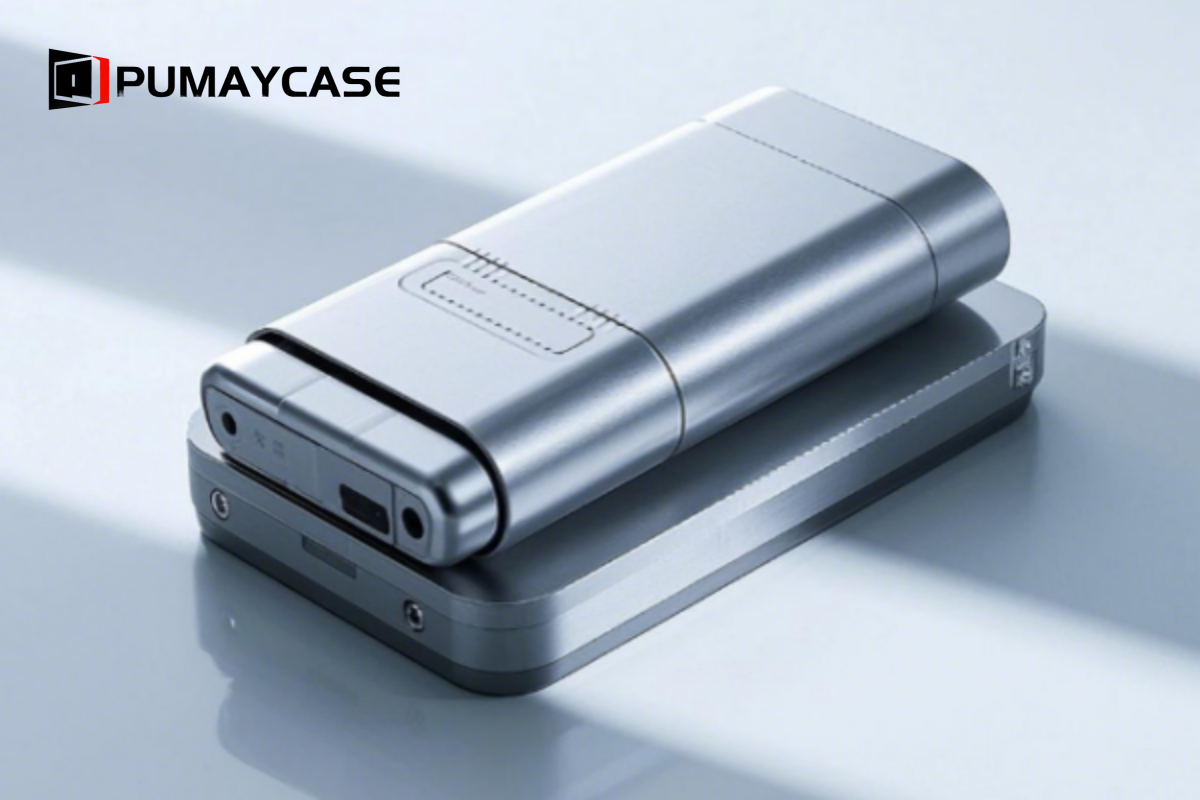Industrial equipment enclosures play a crucial role in protecting sensitive devices and ensuring smooth operations in various industries. These enclosures safeguard equipment from external elements, prevent electrical hazards, and help maintain the longevity of machinery.
Industrial enclosures are vital for protecting valuable equipment from environmental damage, enhancing safety, and improving operational efficiency.
Let's dive into why enclosures are indispensable in industrial settings.
What Is an Equipment Enclosure?
An equipment enclosure is a protective case or structure designed to house sensitive industrial equipment, machinery, or electrical systems. These enclosures can be made from different materials such as metals, plastics, and composites, depending on the specific needs of the application.
Equipment enclosures are designed to shield electronic and mechanical equipment from damage caused by environmental factors, physical impact, or accidental contact.
Key Features of Equipment Enclosures
-
Material Selection
Equipment enclosures are typically made from materials like steel, aluminum, or stainless steel. These metals are durable, resistant to corrosion, and capable of withstanding harsh conditions. -
Protection from the Environment
These enclosures provide protection against dust, moisture, dirt, and chemicals. Depending on the application, enclosures can be rated for different levels of environmental protection, such as IP (Ingress Protection) ratings. -
Accessibility and Ventilation
Most equipment enclosures are designed to allow easy access to the components inside for maintenance or repairs. Some enclosures are also equipped with ventilation systems to prevent overheating of electrical components.
| Feature | Benefit |
|---|---|
| Material Selection | Ensures durability and long service life |
| Protection from Environment | Guards against external elements like moisture or dust |
| Accessibility & Ventilation | Allows for easy maintenance and prevents overheating |
What Is the Function of an Enclosure?
The primary function of an enclosure is to protect the enclosed equipment from environmental hazards, physical damage, and electrical interference. Enclosures also contribute to the safety of workers by preventing accidental contact with hazardous parts of the equipment.
Enclosures provide a physical barrier to protect both the equipment inside and the people working around it.
Functions of Industrial Equipment Enclosures
-
Protection from Environmental Hazards
Enclosures prevent dust, water, chemicals, and other harmful environmental elements from coming into contact with delicate machinery or electronics. This is particularly crucial in outdoor settings or in industries where environmental exposure is inevitable. -
Electrical Safety
Enclosures help prevent electrical shocks by isolating live electrical components. This is important for both worker safety and equipment integrity, especially in industrial settings where large amounts of electricity are used. -
Heat Dissipation
Many industrial enclosures are designed with heat management features, such as ventilation slots or fans, to prevent equipment from overheating. Overheating can damage sensitive electronic components, reducing their lifespan. -
Vibration Protection
In some industries, such as manufacturing or transportation, equipment is exposed to heavy vibrations. Specialized enclosures can absorb or minimize the impact of vibrations, ensuring the equipment remains functional and stable.
| Function | Benefit |
|---|---|
| Protection from Hazards | Shields equipment from dust, moisture, chemicals |
| Electrical Safety | Prevents electrical shocks and short circuits |
| Heat Dissipation | Prevents overheating and ensures longevity |
| Vibration Protection | Minimizes equipment damage from physical impact |
What Are Industrial Enclosures Used For?
Industrial enclosures are used across a wide variety of sectors to house different types of equipment. These enclosures protect electrical panels, controls, machinery, and devices from external factors like weather, dust, and mechanical impact.
Industrial enclosures are used to safeguard equipment in harsh and demanding environments, ensuring operational continuity and safety.
Common Applications of Industrial Enclosures
-
Electrical and Control Panels
Electrical panels used for controlling machines, lights, or other electrical systems are often housed in enclosures to prevent accidental touch and safeguard the internal components. -
Outdoor Equipment Protection
Equipment exposed to outdoor conditions, such as telecommunications gear or solar power systems, requires protective enclosures to guard against environmental elements like rain or dust. -
Industrial Machinery
Machines used in manufacturing, construction, and transportation often need enclosures to shield internal mechanisms from dirt, dust, and other contaminants that could affect their operation. -
Automation and Robotics
Robots and automated systems used in factories also require enclosures for protecting sensitive electronics and controls from damage and ensuring the safety of operators.
| Application | Example Usage |
|---|---|
| Electrical Panels | Control systems, power distribution units |
| Outdoor Equipment | Telecom gear, wind turbines, solar systems |
| Industrial Machinery | Manufacturing equipment, HVAC systems, motors |
| Automation & Robotics | Factory robots, automated assembly lines |
Why Are Enclosures Important?
Enclosures are vital for several reasons, primarily for ensuring the protection, safety, and reliability of equipment. They are crucial not just for protecting investments in industrial equipment, but also for maintaining productivity, avoiding downtime, and ensuring worker safety.
Without the right enclosure, equipment could fail prematurely, leading to costly repairs, downtime, and safety hazards.
The Importance of Enclosures
-
Minimize Downtime
Enclosures help reduce the likelihood of equipment failure caused by exposure to harmful elements. This minimizes the risk of costly repairs and downtime, ensuring operations run smoothly. -
Enhance Worker Safety
By containing potentially dangerous electrical components, enclosures reduce the risk of electrical shocks and other accidents, creating a safer working environment. -
Ensure Longevity
Protecting equipment from dust, moisture, and extreme temperatures increases the lifespan of machinery. Enclosures help maintain optimal working conditions, reducing the need for frequent replacements or repairs. -
Compliance with Standards
In many industries, safety and environmental protection standards require the use of enclosures for certain equipment. Ensuring that equipment is properly housed in protective enclosures is often necessary to meet regulatory requirements.
| Importance | Benefit |
|---|---|
| Minimize Downtime | Prevents equipment failures and repairs |
| Enhance Worker Safety | Reduces the risk of electrical and mechanical accidents |
| Ensure Longevity | Increases the lifespan of equipment |
| Compliance with Standards | Helps meet regulatory and safety standards |
Conclusion
Industrial equipment enclosures are indispensable for safeguarding machinery and electronic components in various industrial environments. They ensure equipment operates safely and efficiently by protecting it from environmental elements, electrical hazards, and physical damage. By using the right enclosures, companies can reduce maintenance costs, improve safety, and extend the life of their valuable assets.



